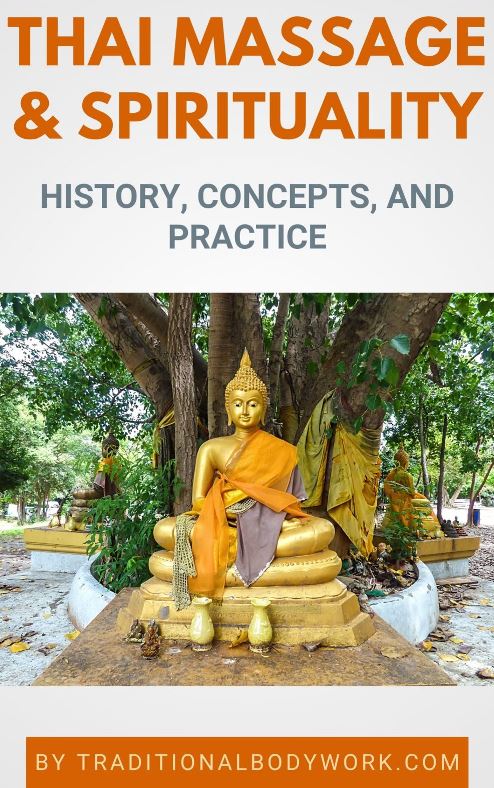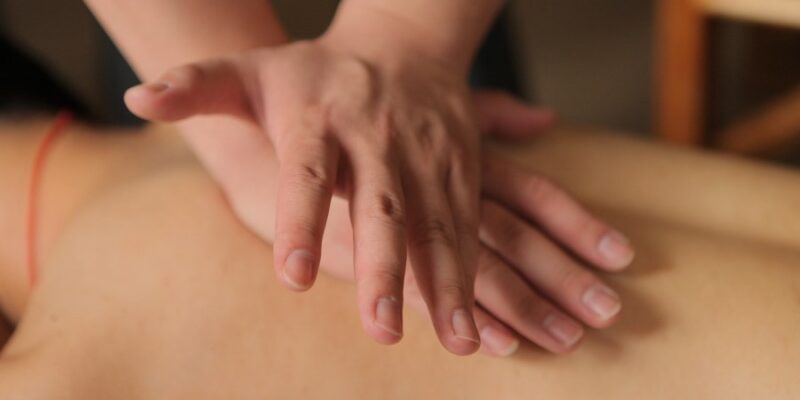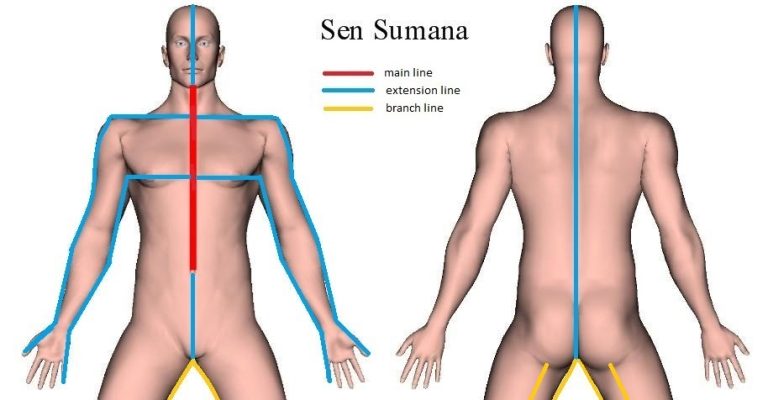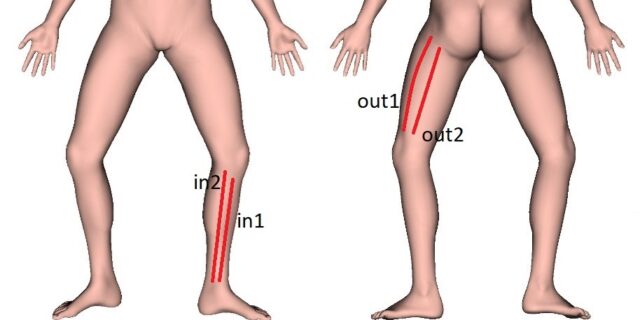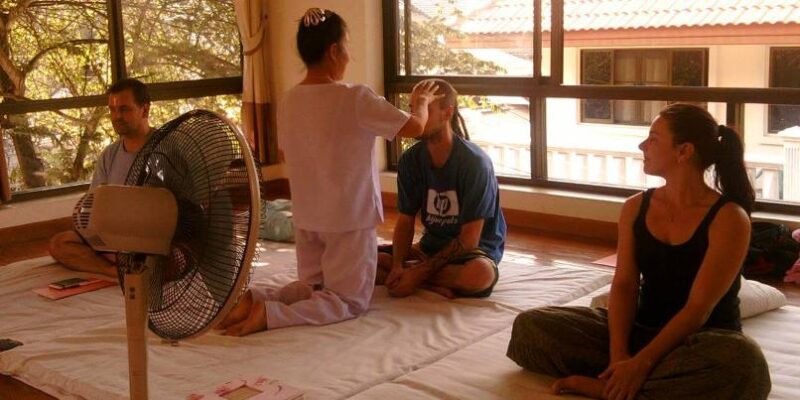
We’ve already talked a bit about students’ behavior in the classroom in our post Managing the Thai Massage Classroom, but in this post we’ll take a more explicit look at some aspects and situations a Thai Massage teacher needs to deal with.
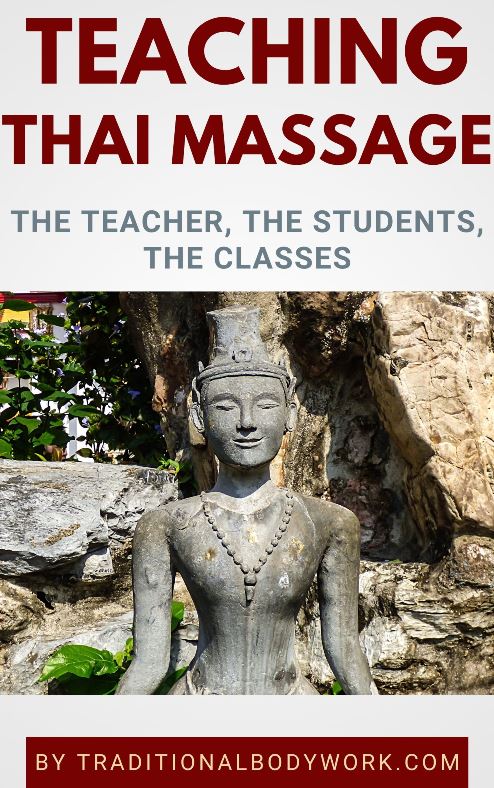
One of the first things Thai Massage students will want to do is take pictures or videos during the training course, notably of those parts where the teacher explains something or demonstrates techniques.
There are pros and cons to this. I think that at one side it reinsures the students, but on the other hand it distracts them from really paying attention to what is said or shown. The same counts for making notes, by the way. A good solution to this is let a third-party film the training course or maybe prepare a DVD or video with the contents of the training, which the students can receive or buy after the training is finished.
Then, students who, for whatever reason, have become bored can become a problem. They can make a classroom atmosphere miserable and it’s a thing you need to deal with. A solution can be to privately ask the particular student why they are bored and maybe you can do something about it, but sometimes the only good solution is to ask the student to leave the training and refund part of the tuition fee. Of course, in the latter case, you will lose some money, but sometimes it’s really worth it to handle it like this.
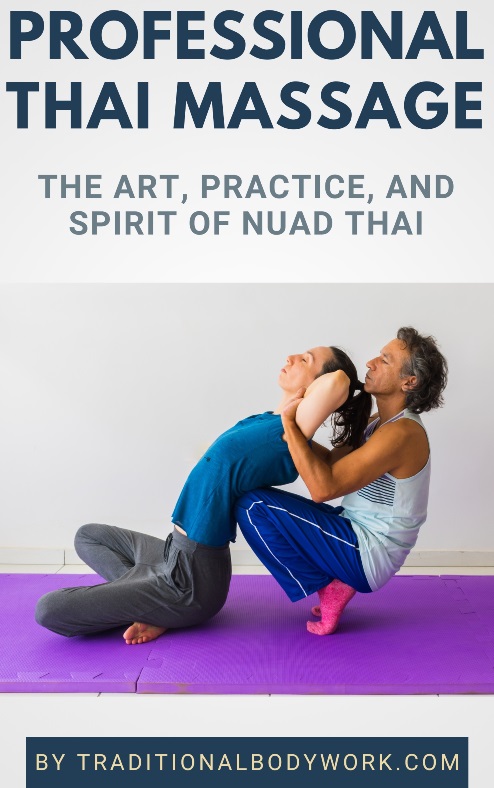
Another issue is that you will always have students who over-ask, over-react, continuously talk, want to know everything to the last detail up to the ridiculous, and such, and this can become a real nuisance for other students and for the timely progress of the training. Here you will really need to be firm and ask the student (privately) not to do this, or take some time with the student after each class day to answer his or her burning questions.
By the way, I once had a training course at the Wat Po Medical Massage School in Bangkok, Thailand, where the massage teacher started the courses with explicitly saying that the students shouldn’t ask any questions during the course, but will get plenty of time after the course to do so.
That was a rather tough approach, and a bit exaggerated I think, and honestly, after the training there wasn’t any time at all to ask about things because the teachers were already busy with other groups. But, just to give you an example of how important it can be to deal with students who constantly ask this or that.

You will also notice that during the practice sessions you will have students who barely dare to do a technique on somebody else, and others again who have no restraint at all and over-enthusiastically start to work on other students. Well, shy or timid students need some stimulation and encouragement if they want to learn something, but the hyper-willing student really needs some advice and instruction to be gentle and careful as for not to hurt people.
The situations mentioned above are some of the things with regard to students’ behavior in the classroom, and it’s certainly not an all-inclusive discussion of the topic. Many other situations may be the case, such as students who always come late for the classes, students who suddenly fall ill during the trainings, students who don’t maintain a proper hygiene of themselves, or those who bully other co-students, to give some examples.
What it’s about is, for you as a Thai Massage instructor, to try to take into account the things mentioned and all that you can come up with for your particular teaching situation and try, beforehand, to think of possible actions and solutions in the case things may occur.




